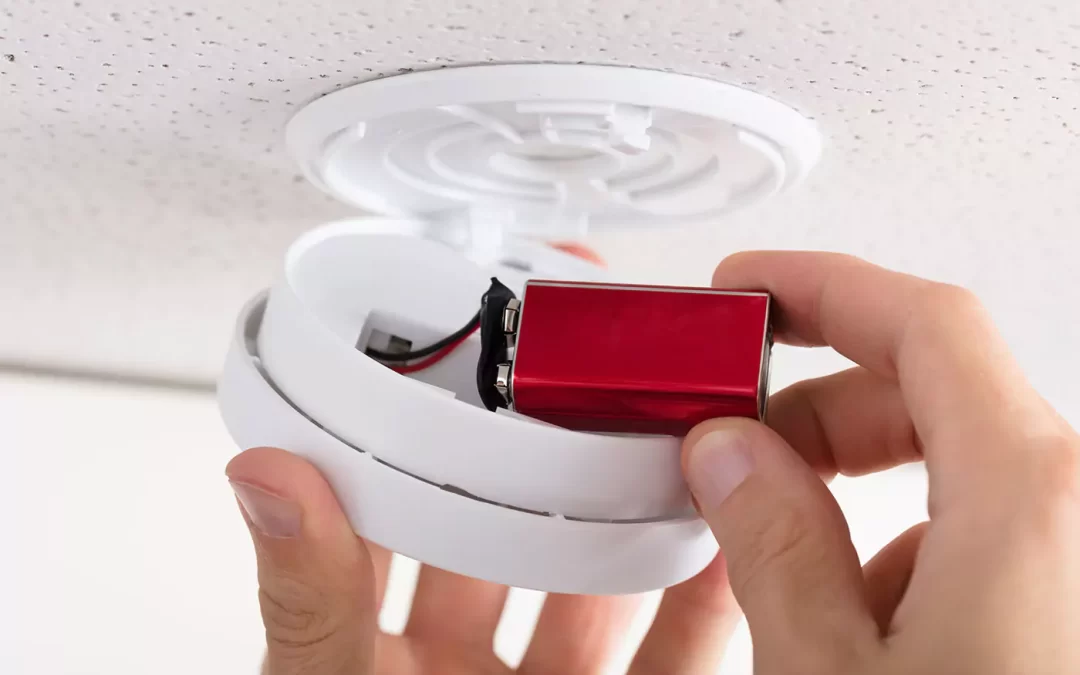Winter can take a toll on your home’s electrical system, but with a little preparation, you can stay safe and avoid costly repairs. Follow these key steps to ensure your home is ready for the colder months.
 Inspect Your Electrical System Before Winter Hits
Inspect Your Electrical System Before Winter Hits
Start by scheduling an inspection with a licensed electrician. They can identify potential issues like frayed wiring, overheating outlets, or rusted breaker panels. Catching these problems early helps prevent unexpected failures during the winter when your electrical system works harder than usual.
Ensure Your Heating Systems Are Winter-Ready
Your heating systems, including electric furnaces, space heaters, and heat pumps, should be inspected and tested before winter begins. Consider upgrading to a programmable thermostat, which helps regulate temperatures more efficiently and reduces energy costs. Also, check electric blankets and heating pads for damaged wiring or scorch marks to avoid fire hazards.
Avoid Overloading Circuits During the Holidays
Winter often comes with increased use of lights and decorations, which can strain your electrical circuits. To prevent overloading, use heavy-duty extension cords for outdoor decorations and spread the load across multiple circuits. Overloaded circuits not only trip breakers but can also pose serious fire risks.
Prepare for Power Outages
Winter storms can knock out power unexpectedly. To stay prepared, consider installing a backup generator to keep essential appliances, like heaters and refrigerators, running. Additionally, keep flashlights and battery-operated lights in accessible locations for emergencies.
Protect Outdoor Outlets from Winter Weather
Moisture and cold temperatures can damage outdoor electrical outlets. Install weatherproof outlet covers and use cords and plugs rated for outdoor use. Regularly check for cracks or damage to these covers and replace them if needed.

Test Smoke and Carbon Monoxide Detectors
With increased heater use during winter, it’s essential to ensure your smoke and carbon monoxide detectors are fully functional. Test each detector monthly, replace batteries as necessary, and install additional detectors in high-risk areas, such as near furnaces or kitchens. If your detectors are over ten years old, upgrade to newer models for better reliability.
Final Tips for Winter Electrical Safety
To further protect your home, consider installing whole-home surge protection to safeguard appliances from power fluctuations. Trimming tree branches near power lines can also reduce the risk of outages caused by falling debris during storms. Lastly, clearly label your circuit breaker panel to make it easy to turn off specific circuits in case of an emergency.
By following these steps, you’ll ensure your home’s electrical system is safe, efficient, and prepared to handle the demands of winter. Proactive maintenance now can save you from costly repairs and keep your family comfortable all season long.




